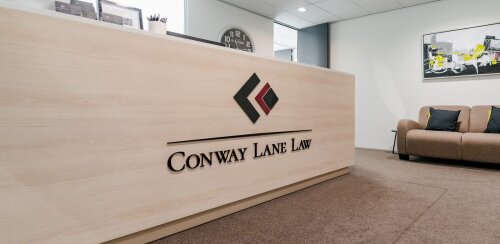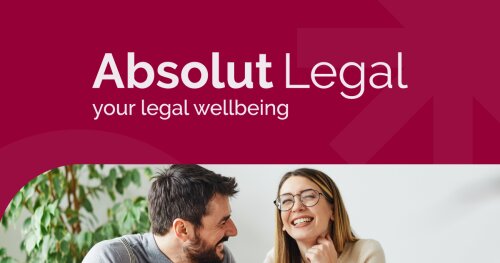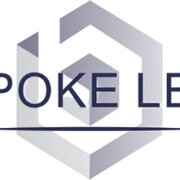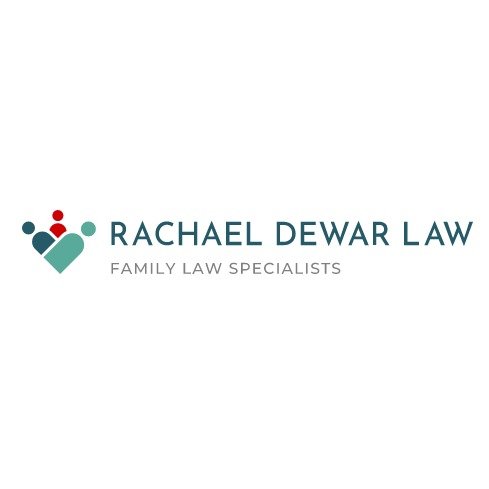Best Child Abuse Lawyers in New Zealand
Share your needs with us, get contacted by law firms.
Free. Takes 2 min.
Free Guide to Hiring a Family Lawyer
Or refine your search by selecting a city:
List of the best lawyers in New Zealand
About Child Abuse Law in New Zealand
Child abuse in New Zealand is addressed under significant legal frameworks designed to protect the well-being and safety of children. Abuse can take several forms including physical, emotional, and sexual abuse, as well as neglect. New Zealand's child protection system is robust, involving various agencies and legislation primarily governed by the Oranga Tamariki Act 1989. The government aims to ensure that all children grow up in secure, safe, and loving environments.
Why You May Need a Lawyer
Legal assistance may be required in several situations related to child abuse in New Zealand:
- If you are accused of child abuse, seeking legal defense is crucial.
- Parents or guardians seeking legal action for their child’s protection should consult a lawyer.
- Professionals like teachers who report suspected child abuse may need legal advice to navigate obligations and protections.
- Family members or individuals pursuing custody due to allegations of abuse may need legal counsel.
- Victims seeking compensation or protective orders can greatly benefit from legal guidance.
Local Laws Overview
New Zealand's regulations concerning child abuse are comprehensive and include the following key aspects:
- Oranga Tamariki Act 1989: Ensures the care and protection of children and young people. It outlines processes for reporting and responding to suspected abuse.
- Crimes Act 1961: Establishes that the physical assault of children is illegal and outlines penalties for offenders.
- Family Violence Act 2018: Includes provisions for family violence, which often intersects with child abuse.
- Care of Children Act 2004: Focuses on the welfare and best interests of children in family disputes.
Frequently Asked Questions
1. What constitutes child abuse in New Zealand?
Child abuse includes any form of physical, emotional, or sexual harm, or neglect inflicted upon a child.
2. Who can report child abuse?
Anyone who suspects child abuse can report it. Certain professionals have mandatory reporting obligations.
3. What happens after a child abuse report is made?
Reports are evaluated, and if there's reasonable cause, an investigation will be conducted by authorities such as Oranga Tamariki.
4. Can a child provide testimony in court?
Yes, children can give evidence in court, often using pre-recorded videos or support persons to minimize trauma.
5. What legal protections exist for abused children?
Protection may include court orders, supervision, or placement in alternative care settings to ensure the child’s safety.
6. How does one defend against false child abuse allegations?
Legal representation is critical to gather evidence, dispute claims, and present a defense in court.
7. What are the penalties for child abuse in New Zealand?
Penalties are severe, including imprisonment, with sentences depending on the severity of the abuse.
8. Can family members seek custody if a child is abused?
Yes, they can apply to the Family Court for custody, emphasizing the child's welfare and safety.
9. Are there support services for victims of child abuse?
Yes, there are several services offering counseling, legal advice, and support to victims.
10. How can I protect a child at risk of abuse?
Report your concerns to Oranga Tamariki or the police immediately so they can take appropriate action.
Additional Resources
The following resources may provide additional support and information related to child abuse:
- Oranga Tamariki - Ministry for Children: Central agency for child protection and services.
- New Zealand Police: They handle criminal investigations related to child abuse.
- Victim Support: Offers assistance to survivors of crime, including child abuse.
- Family and sexual violence helplines: Provide immediate support for those affected.
Next Steps
If you need legal assistance in a matter related to child abuse, consider the following steps:
- Contact a lawyer: Find a registered legal professional who specializes in family or criminal law.
- Gather evidence: Document any events, communications, or evidence related to the abuse case.
- Seek professional advice: Get immediate support from social workers or counselors as needed.
- Stay informed: Keep up-to-date with legal processes and your rights as the situation develops.
Lawzana helps you find the best lawyers and law firms in New Zealand through a curated and pre-screened list of qualified legal professionals. Our platform offers rankings and detailed profiles of attorneys and law firms, allowing you to compare based on practice areas, including Child Abuse, experience, and client feedback.
Each profile includes a description of the firm's areas of practice, client reviews, team members and partners, year of establishment, spoken languages, office locations, contact information, social media presence, and any published articles or resources. Most firms on our platform speak English and are experienced in both local and international legal matters.
Get a quote from top-rated law firms in New Zealand — quickly, securely, and without unnecessary hassle.
Disclaimer:
The information provided on this page is for general informational purposes only and does not constitute legal advice. While we strive to ensure the accuracy and relevance of the content, legal information may change over time, and interpretations of the law can vary. You should always consult with a qualified legal professional for advice specific to your situation.
We disclaim all liability for actions taken or not taken based on the content of this page. If you believe any information is incorrect or outdated, please contact us, and we will review and update it where appropriate.
Browse child abuse law firms by city in New Zealand
Refine your search by selecting a city.

















